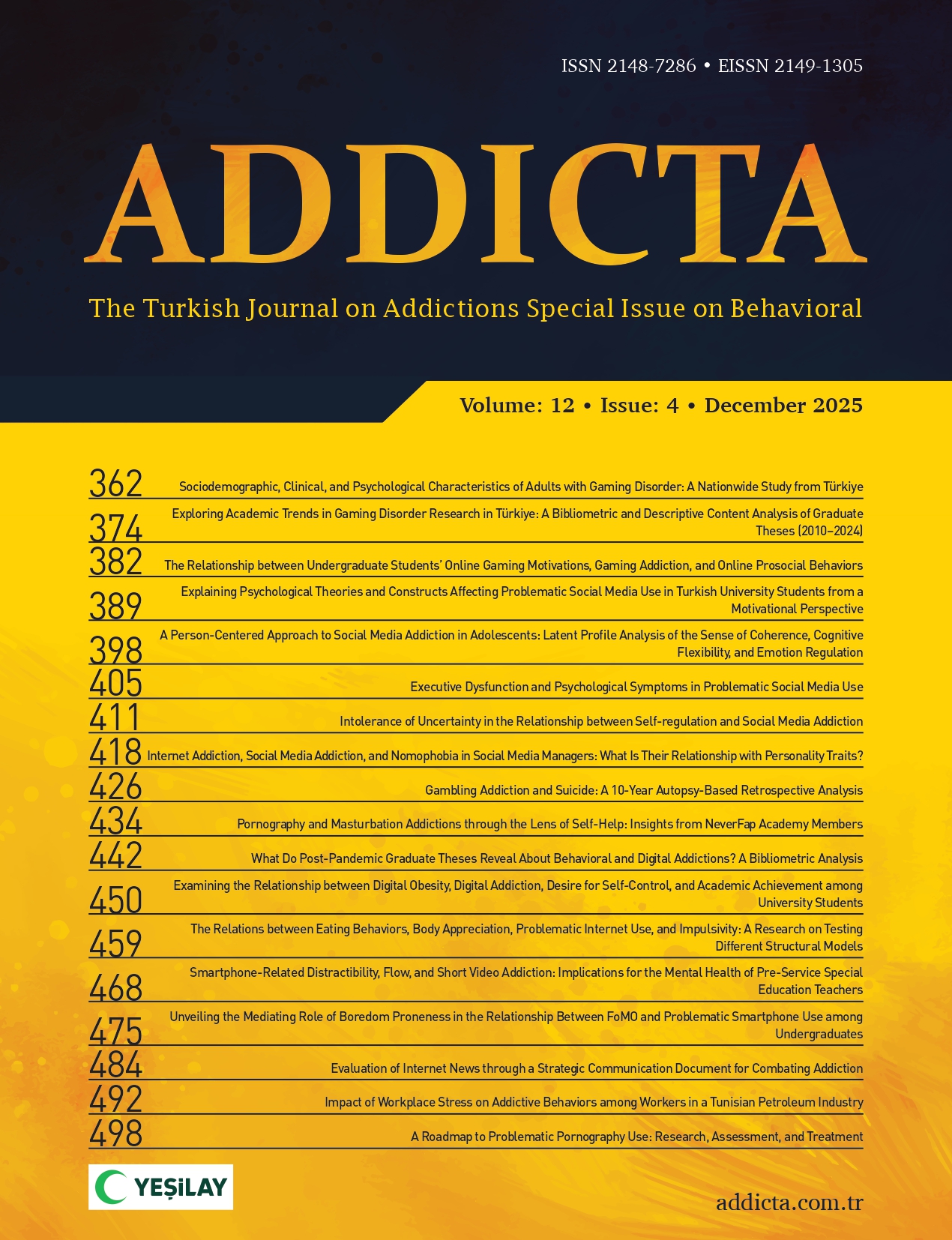Drug addiction has increased significantly both in Turkey and in greater the world, becoming a serious problem. Addiction, whether a result of individual and/or societal reasons, causes many physical, psychological, social, and economic disadvantages. A total of 1,200 types of therapy methods are used in the fight against addiction throughout the world. In western literature, religious and spiritual support approaches have become to appear in the fight against addiction with increasing frequency recently. In the fight against addiction religion, faith based therapies, such as Alcoholics Anonymous and Millati Islami, are used to assist and support conventional therapies in today’s psychotherapy schools. The aim of this study is to identify whether faith-based programs are effective in the fight against drug addiction in youth. The study group consists of 8 young individuals who had suffered from drug addiction and who had received support from the Hizmet Gönül Erleri Association (HİGED) that operates in the Sincan district of Ankara, Turkey. In this study qulitative data were collected using a semi-structured interview form distributed to 8 young individuals who had previously suffered from drug addiction and two executives responsible for them. The revealed that these youth individuals started using drug as a result of individual, familial, and environmental factors. İt was further determined that the medical/psychological treatments that they had received during their addiction period was ineffective and, that the faith centered treatment approaches were highly effective in helping them overcome their addictions.
To cite this article: Gürsu, O. (2018). Drug addiction and religion: HİGED Example. Addicta: The Turkish Journal on Addictions, 5, 37–54. http://dx.doi.org/10.15805/addicta.2018.5.1.0006

.png)


.png)
.png)